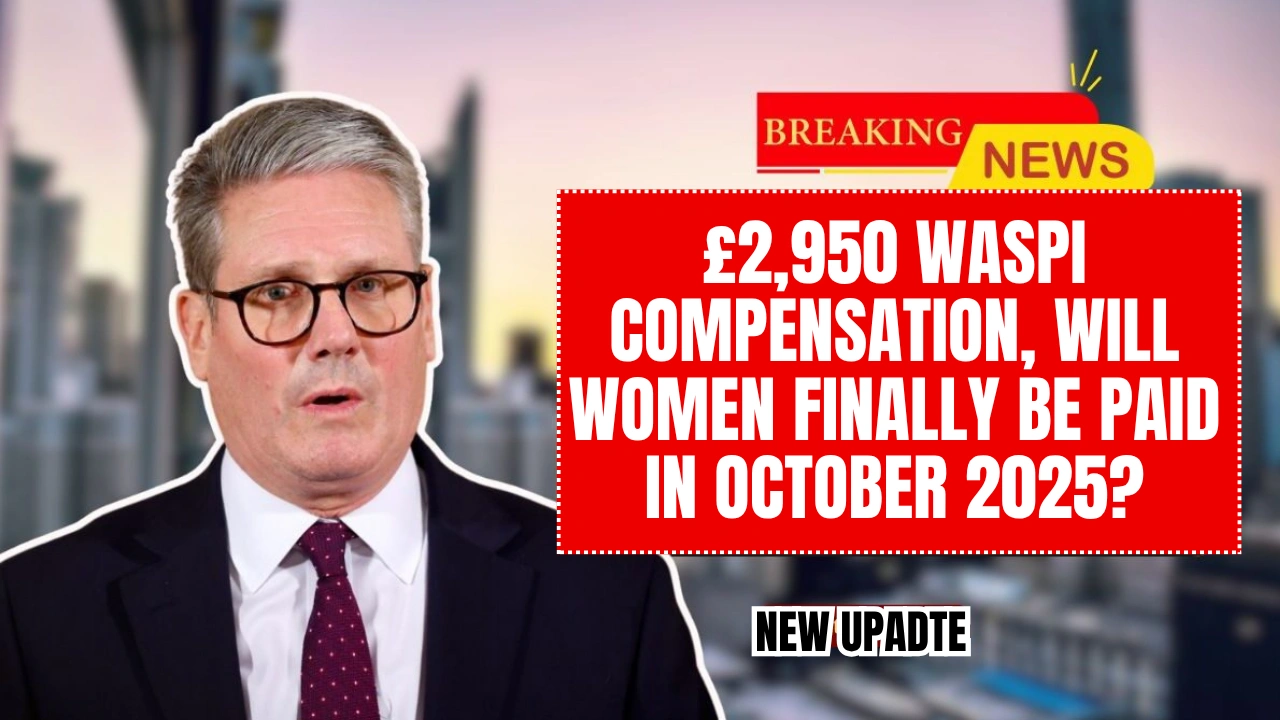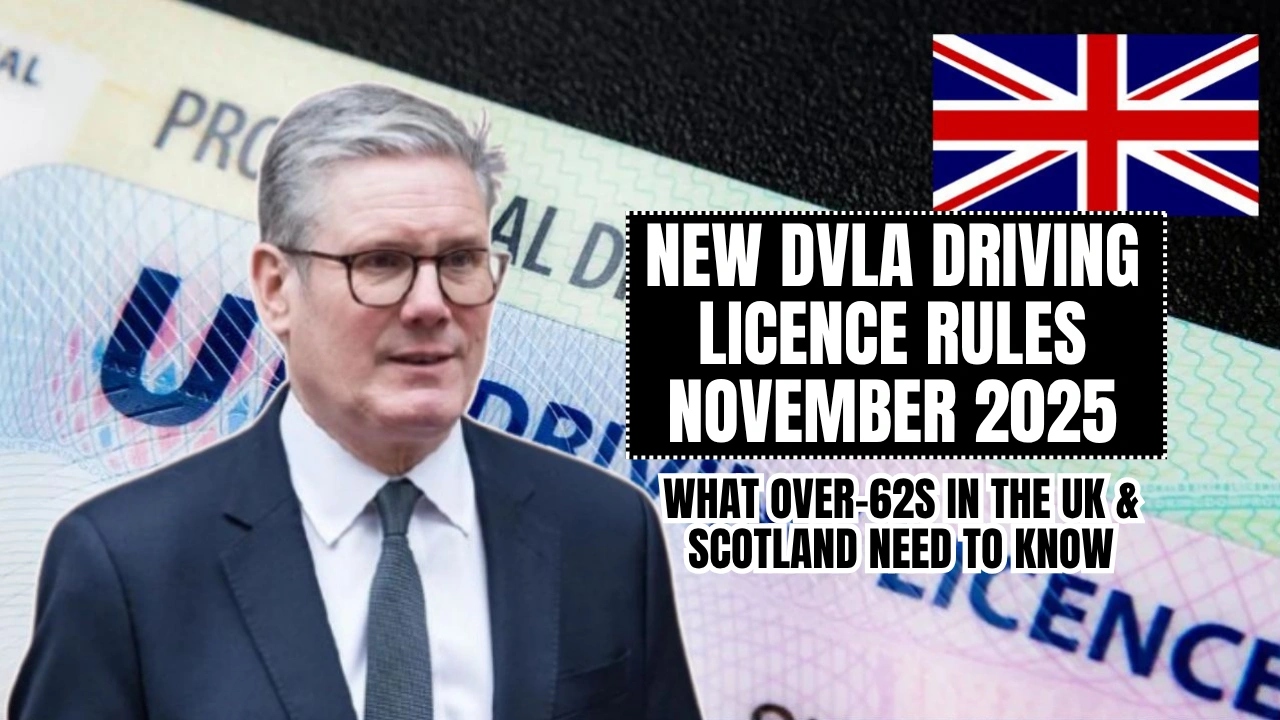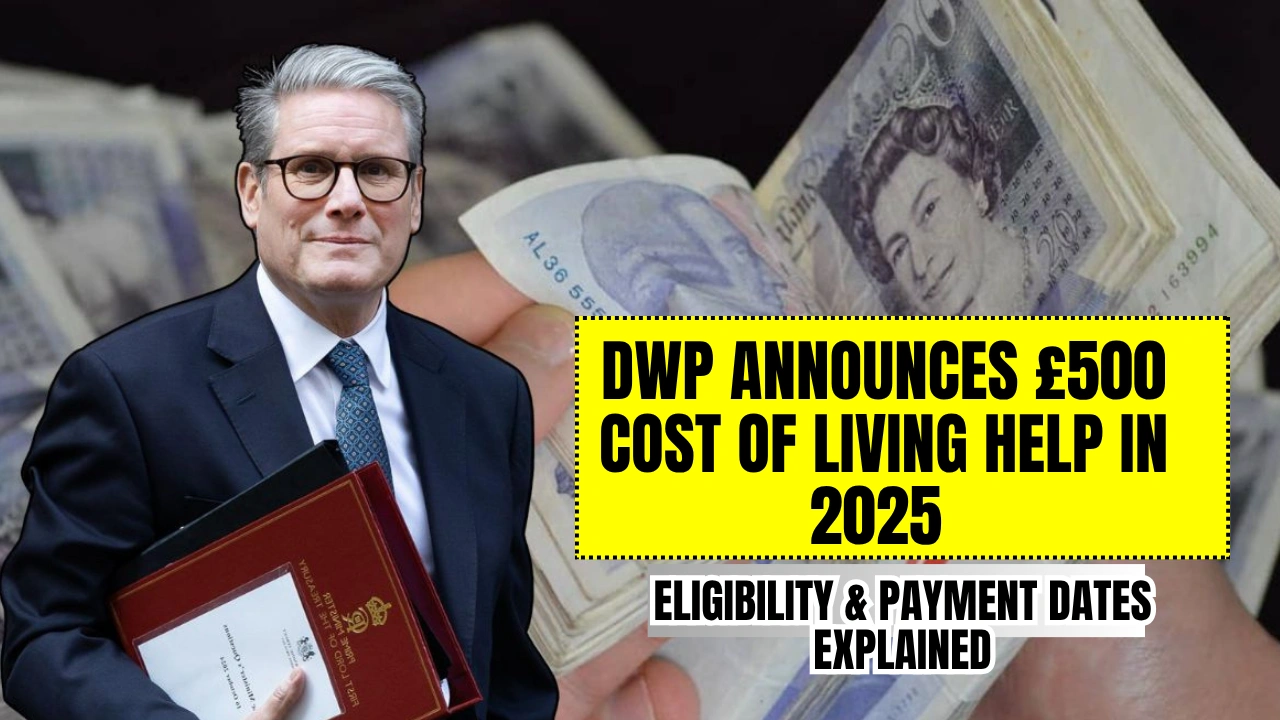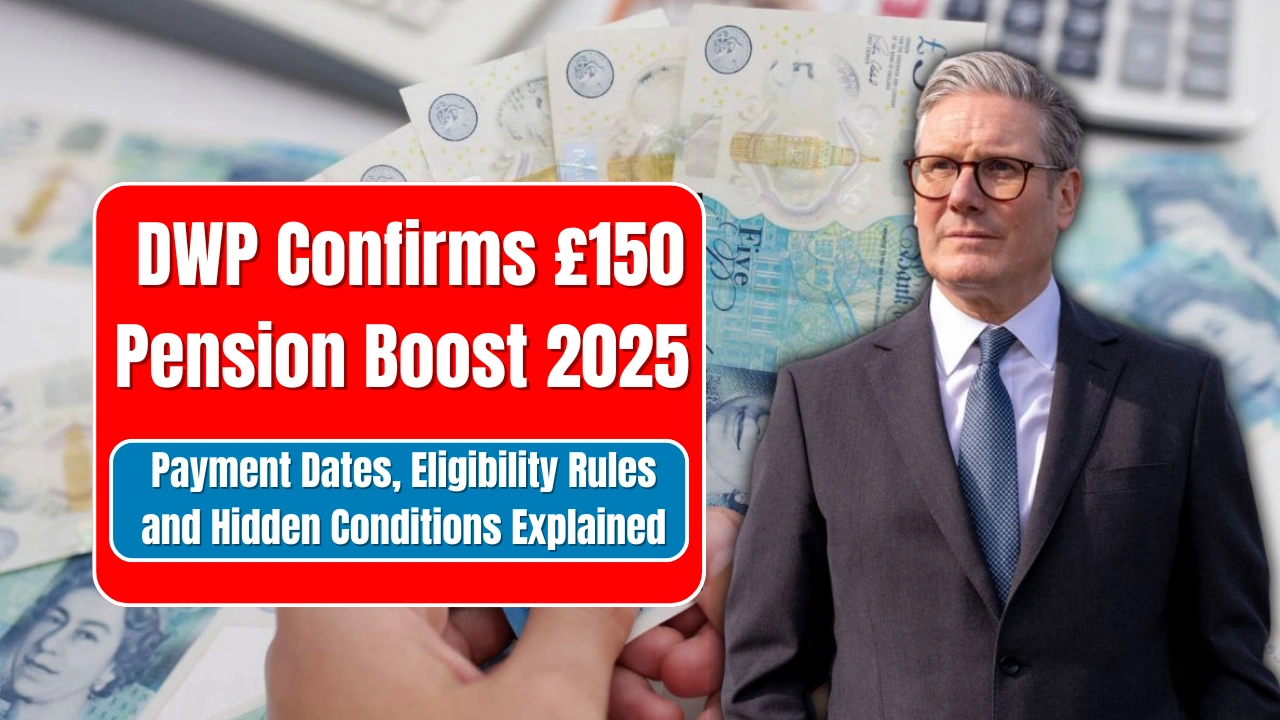If you have seen the phrase £2,950 WASPI Compensation 2025 popping up online or in the news lately, you are not alone. It is a topic gaining serious attention, especially among women born in the 1950s. After years of fighting for justice, millions are now asking the same question: Will compensation finally be paid, or is it just another political promise that will fade away?
The £2,950 WASPI Compensation 2025 campaign is not just about money. It is about fairness, respect, and being treated with dignity after a massive communication failure regarding State Pension changes. Many of these women were not properly told about the new retirement age rules, and it cost them dearly. In this article, we will cover the latest developments, what the court ruling could mean, who qualifies, and why October 2025 might not be the payday many are hoping for.
£2,950 WASPI Compensation 2025: Will it Really Happen?
The push for £2,950 WASPI Compensation 2025 has entered a critical stage. Campaigners from the Women Against State Pension Inequality group have fought long and hard, and now their efforts are finally reaching the courtroom. While the Government admitted that communication failures occurred, it rejected the idea of paying compensation. The recommended amount of £2,950 per person was suggested by the Ombudsman to cover non-financial injustice, but so far, no official payment plan exists. The court hearing set for December 2025 may shift the direction, but for now, there is no approved compensation scheme in place that would make October 2025 payments possible.
WASPI Compensation Overview Table
| Key Information | Details |
| Affected Age Group | Women born between 1950 and 1959 |
| Root Issue | Sudden increase in State Pension age with poor notice |
| Government Position | Admitted failure, rejected paying compensation |
| WASPI’s Action | Legal challenge through judicial review |
| Ombudsman Recommendation | £2,950 per woman for non-financial injustice |
| High Court Hearing Date | Scheduled for December 9 and 10, 2025 |
| Court’s Power | Can ask Government to reconsider, not enforce payments |
| Number of Women Affected | Around 3.6 million women across the UK |
| Total Potential Cost | Estimated over £10.6 billion |
| October 2025 Payment Possibility | Not possible under current legal or administrative status |
DWP Mismanagement Findings and Government Response
Between 2005 and 2007, the Department for Work and Pensions failed to directly notify women about State Pension age increases. That failure was officially labeled as maladministration by the Parliamentary and Health Service Ombudsman in 2024. The lack of personal communication meant many women did not have time to prepare for delayed retirements. Some were forced to keep working longer than planned, while others faced financial stress after suddenly losing access to expected pension income.
Although the Government admitted this failure in its December 2024 response, it pushed back on paying compensation. Ministers argued that the information was already available in the media and claimed most people would not have opened letters even if they had been sent. They also raised concerns about the cost to taxpayers, using that as a reason to delay any compensation plan.
Legal Challenge and Cost Protection
When the Government refused to act, WASPI turned to the courts. In 2025, the campaign secured a legal win by receiving cost protection, which means even if they lose the court case, they will not face massive legal bills. This made it possible for the campaigners to continue their fight without the risk of financial ruin.
The December 2025 High Court hearing will focus on whether the Government’s decision to deny compensation was irrational or procedurally unfair. If the court agrees, the Government might be forced to revisit its stance. However, it is important to understand that even a favorable ruling does not guarantee payments. The court cannot force compensation to be paid; it can only instruct the Government to reconsider its position and act accordingly.
Who Could Be Eligible – and What the Liability Might Be
If a scheme is approved after the court decision, it will most likely include women born in the 1950s who were affected by the changes without being properly informed. Estimates suggest around 3.6 million women fall into this category. At £2,950 per person, the cost of compensation could easily exceed £10 billion.
However, the Government may try to lower this number by setting strict eligibility rules or adjusting the amount based on how each woman was affected. Another factor is whether the families of women who have died will be allowed to claim on their behalf. These are all decisions that would need to be made if and when a formal compensation plan is created.
Timeline and status of key developments
The fight for £2,950 WASPI Compensation 2025 has followed a long path. The Ombudsman published its final report in March 2024, confirming maladministration by the DWP. In December 2024, the Government officially rejected the proposal to pay compensation. Following this, WASPI campaigners launched their legal challenge and achieved cost protection in 2025.
Now, the focus is on the upcoming High Court hearing in December. But let us be clear: no system is in place to deliver payments, and October 2025 is simply too soon. The timeline does not support any payouts before the court hearing takes place, and a full process would need to be built afterward if the case goes in WASPI’s favor.
Barriers to October 2025 Payday
Many news articles and online posts have raised hopes about a potential October 2025 payday. Sadly, those hopes are not realistic. There is no approved compensation plan, no infrastructure in place to process applications, and no administrative system to make payments. The court hearing is scheduled after October, which makes any payout by that time impossible.
Even if the court sides with WASPI, the Government would still need to create a system from scratch. That would include designing the rules, securing funding, and building a platform for women to apply. Realistically, that process could take a year or longer, which means payouts may not happen until late 2026 or beyond.
Political Resistance and Public Pressure
On top of the legal fight, there is still strong political resistance to a compensation scheme. The Government continues to argue that many women already knew about the changes and do not deserve compensation. They claim a payout would be too costly and potentially unfair to other taxpayers.
However, public support for WASPI is growing quickly. More Members of Parliament are now speaking out, and campaigners are gaining traction in both the media and political spaces. With voter sentiment shifting, especially among older women, politicians may start feeling pressure to act. Whether that happens before or after the December court ruling remains to be seen.
What Happens After the December Hearing?
If WASPI wins the case in December, it would be a major moment. But it still would not mean automatic payments. The Government would have to rethink its position and start the process of developing a scheme. That might include setting eligibility rules, consulting with affected women, and submitting the plan to Parliament for approval.
On the other hand, if the Government wins the case, it could mark the end of the road for the current round of compensation efforts. Either way, December 2025 will be a critical point in the campaign for £2,950 WASPI Compensation 2025.
FAQs
What is the £2,950 WASPI Compensation 2025?
It is a proposed amount of compensation recommended by the Ombudsman for women born in the 1950s who were not properly informed about State Pension age changes.
Will payments be made in October 2025?
No. There is no approved compensation scheme or legal framework in place for payments by that date.
Who is eligible for this compensation?
Most likely, women born between 1950 and 1959 who were impacted by the sudden pension age changes without proper notice.
Can the court force the Government to pay?
No. The court can only require the Government to review its decision, not enforce payments directly.
How much would the total compensation cost the Government?
If all eligible women receive £2,950, the total cost could exceed £10 billion.












